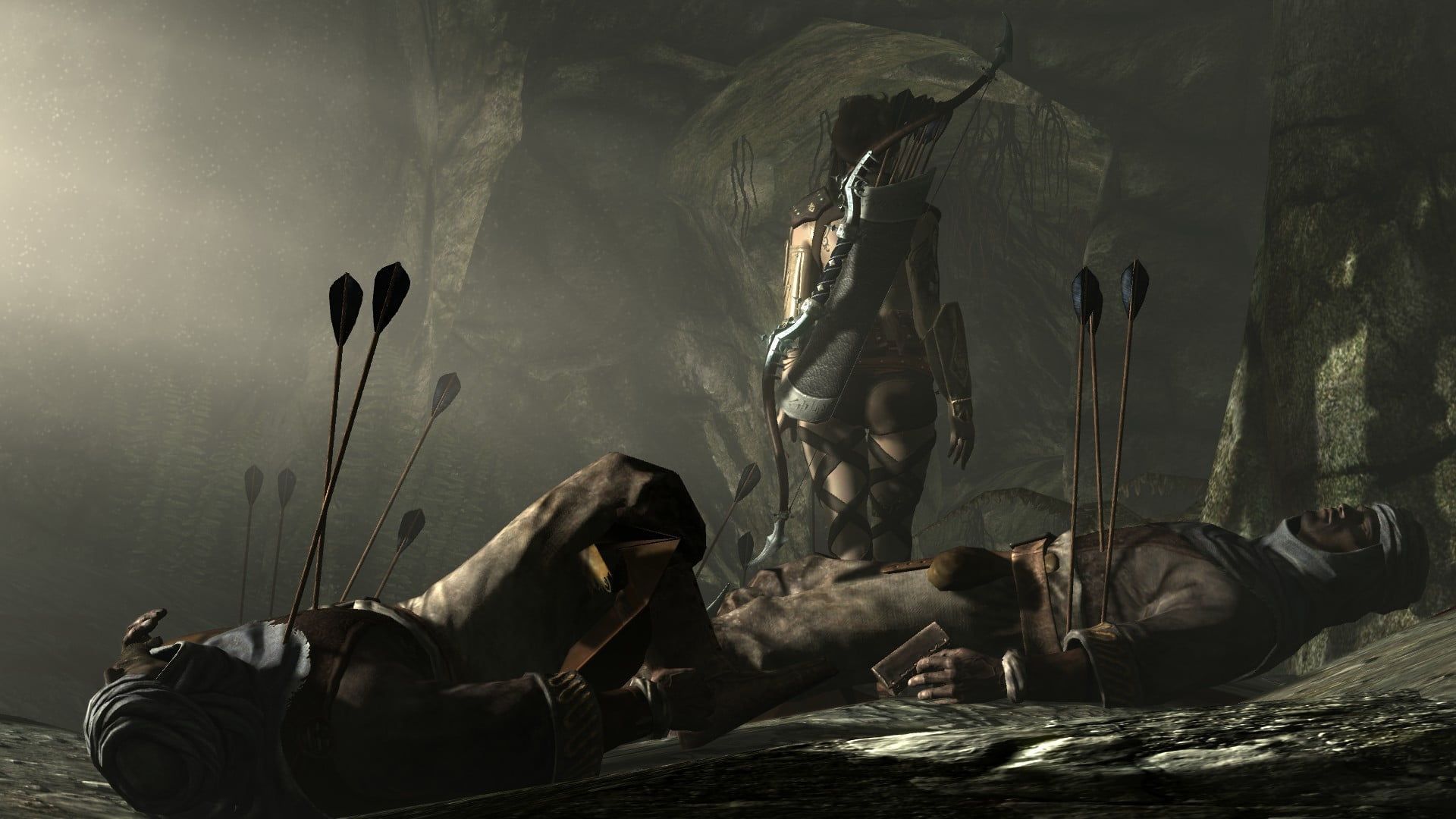
In a recent interview, Bethesda Game Studios director Todd Howard opened up about his biggest regret concerning two of the studio’s most beloved titles, Skyrim and Fallout 4. Despite their immense popularity and enduring player bases, Howard wishes the company had provided more sustained support for the games over the years.
The Success and Legacy of Skyrim and Fallout 4
Released in 2011 and 2015 respectively, The Elder Scrolls V: Skyrim and Fallout 4 have become iconic titles in the gaming world. Both games received critical acclaim for their expansive open worlds, immersive gameplay, and modding communities that have extended their lifespan significantly.
Skyrim, in particular, has achieved legendary status, with countless re-releases, ports to various platforms, and a dedicated fanbase that continues to explore its vast landscape. Fallout 4, while perhaps not as universally adored as Skyrim, still boasts a substantial following that remains active years after its initial launch.
Howard’s Reflection on Long-Term Support
Despite the success and longevity of these titles, Howard expressed a sense of missed opportunity regarding their long-term support. He stated, “We would look back at Skyrim, which we’re still updating to a small extent… Same with Fallout 4, that we wish we had supported them longer.”
This sentiment highlights a growing trend in the gaming industry, where developers are increasingly focusing on providing ongoing content and updates for their games, often through live service models. While both Skyrim and Fallout 4 received a considerable amount of post-launch downloadable content (DLC), Howard suggests that Bethesda could have done more to keep players engaged in the long run.
Lessons Learned and Future Implications
Howard’s candid admission offers valuable insights into the evolving landscape of game development. It underscores the importance of continuous support and engagement with player communities, especially for open-world titles with the potential for long-term appeal.
This reflection also has implications for Bethesda’s future projects, such as Starfield and The Elder Scrolls VI. The company has already indicated a commitment to providing extensive post-launch support for Starfield, including a robust modding scene. It remains to be seen how this approach will translate to The Elder Scrolls VI, but Howard’s comments suggest a greater emphasis on long-term engagement for the studio’s upcoming releases.
Todd Howard’s candid reflection on the limited long-term support for Skyrim and Fallout 4 serves as a reminder of the ever-changing nature of the gaming industry. It highlights the importance of ongoing engagement with player communities and the potential for missed opportunities when support for beloved titles wanes.
While Skyrim and Fallout 4 continue to thrive through their dedicated fanbases and modding communities, Howard’s comments suggest a shift in Bethesda’s approach to post-launch support. This change in philosophy could have significant implications for the studio’s future projects, potentially leading to a more sustained and engaging experience for players in the years to come.